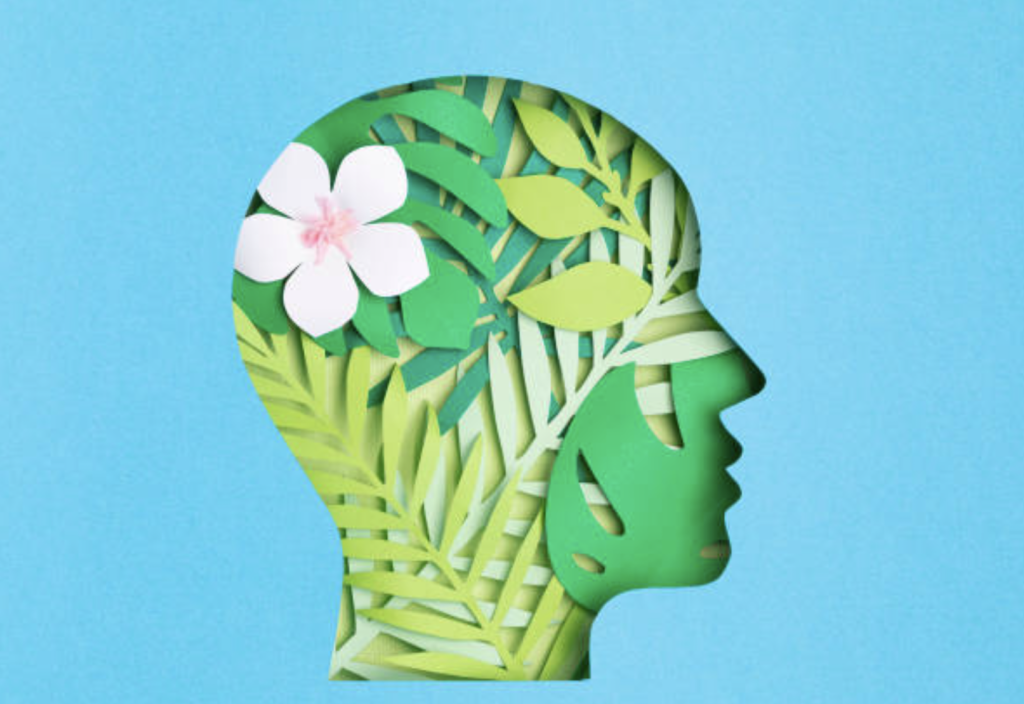
Introduction:
In the complex tapestry of human emotions, there exists a shadow that many silently grapple with — depression. It’s not merely feeling sad or having a bad day; it’s a persistent darkness that clouds the mind and dulls the vibrancy of life. In this blog, we embark on a journey to understand depression, demystify its complexities, and explore paths to healing and resilience.
What is Depression?
Depression is more than a passing mood or a temporary feeling of sadness. It’s a mental health condition that affects how one thinks, feels, and handles daily activities. It can manifest as a profound sense of hopelessness, persistent sadness, and a lack of interest or pleasure in activities that once brought joy.
The Silent Struggle:
One of the challenges of depression is its silent nature. Many individuals silently battle their internal demons, often feeling alone in their struggles. The stigma surrounding mental health issues can compound this isolation, making it difficult for individuals to seek help or share their experiences.
Understanding the Causes:
Depression is a complex interplay of genetic, biological, environmental, and psychological factors. Trauma, loss, major life changes, or a family history of mental health issues can contribute to the development of depression. Understanding these factors is crucial for developing effective strategies for prevention and treatment.
The Impact on Daily Life:
Depression extends its reach into every aspect of life. It can affect energy levels, sleep patterns, appetite, and the ability to concentrate. Relationships may strain, work or academic performance may suffer, and the simple joys of life may become elusive.
Seeking Help: The First Brave Step:
Acknowledging depression and seeking help is an act of bravery. It’s the recognition that vulnerability is not weakness but a pathway to strength. Mental health professionals, therapists, and support networks play a vital role in providing guidance and support on this journey.
Treatment Options:
Depression is a treatable condition, and various therapeutic approaches can be effective. Cognitive-behavioral therapy (CBT), medication, mindfulness practices, and lifestyle changes are among the tools that can be utilized. The right combination varies from person to person, highlighting the importance of personalized care.
Building Resilience:
Recovery from depression is a journey, not a destination. Building resilience involves cultivating coping mechanisms, establishing a support system, and integrating positive lifestyle habits. Small, consistent steps contribute to a brighter future.
Breaking the Stigma:
Erasing the stigma surrounding depression is a collective responsibility. Open conversations, increased awareness, and fostering an environment of empathy create a space where individuals feel comfortable seeking help without judgment.
Conclusion:
Depression is a formidable adversary, but it is not invincible. With understanding, compassion, and the right support, individuals can navigate through the shadows and find the light of hope. Let us stand together in breaking the silence, fostering understanding, and creating a world where those battling depression feel seen, heard, and embraced on their journey toward healing.
